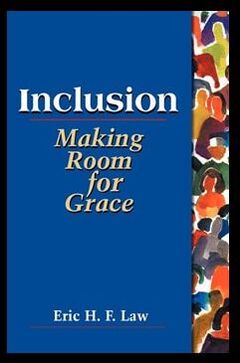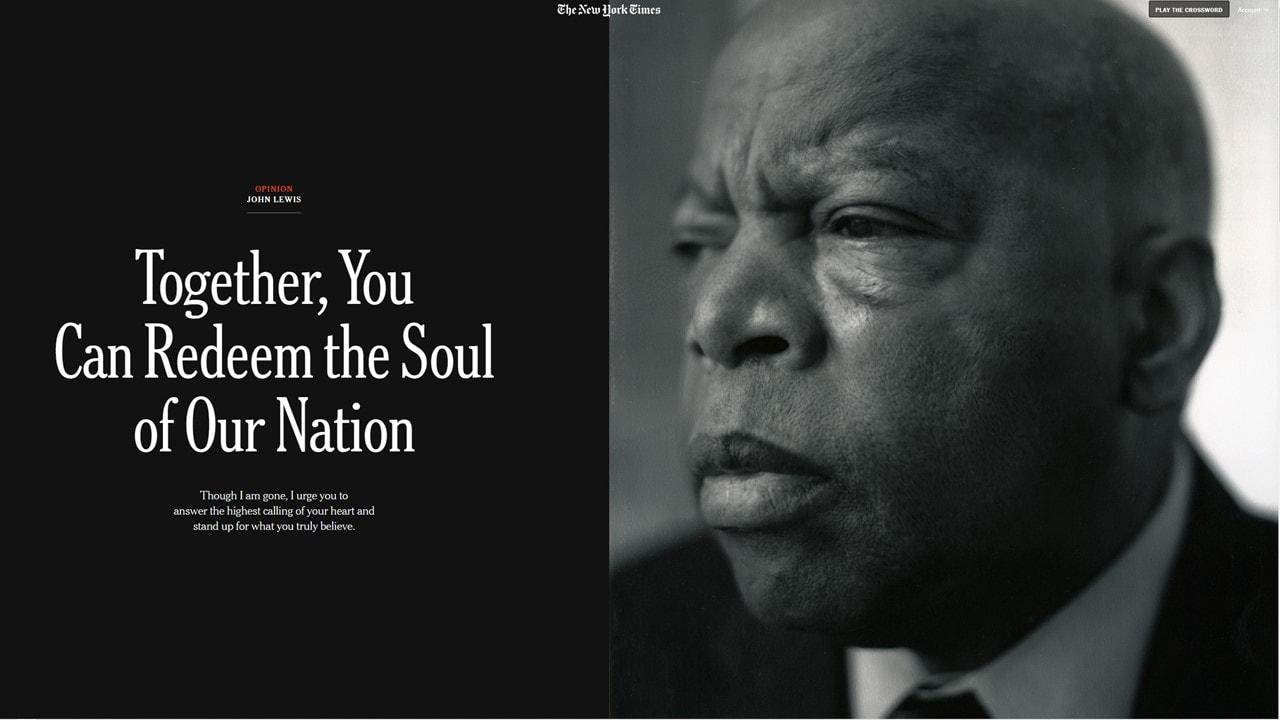Scott Anderson Isiah 55:1-5 † Psalm 145:8-9, 14-21 † Romans 9:1-5 † Matthew 14:13-21 Eric Law, the episcopal priest tells the story of his childhood table. It was always full—family, friends, travelers. Twelve or more was not unusual. Dinners were stuffed with stories and laughter. As you might imagine, as a kid, seeing this table, Law just assumed they were rich. As he grew older, he discovered this was not the case. His mother was very resourceful, a bargain shopper, to be sure, but even that did not explain the miracle of their table. Law recalls the particular way they dealt with leftovers as a window into the truth:  Toward the end of dinner, there was always something left on a plate… Everyone would be staring at it, especially when it was a piece of meat… an occasional, special treat. But no one would make a move to take it. Then someone would say, "Why don't you take it Grandma? You are the oldest." But my grandma would say, "No, I've been eating this stuff all my life. Give it to the little one. He's the youngest and needs the nourishment to grow up to be big and strong." I, being the youngest, and who also learned this ritual, would say, "No, not me. I am completely full because I have the smallest stomach. Give it to my oldest brother. He has an examination at school tomorrow… My oldest brother would say, "No, not me. Give it to my sister. She has a piano lesson tomorrow…" This ritual would go on around the table; each person would find an excuse not to take the leftover… While we offered it to each other, we also affirmed each other's worthiness in the family. As a result, the piece of meat would sit in the middle of the table, destined to be left over. It became a symbol of our appreciation of each other's worth. This leftover piece of food became a sign of the abundance we shared. Law explains: Society tells us that we should have more than others because of the belief that our resources are limited. At my childhood dinner table, I learned that there was an abundance of resources and that there was always enough. Moreover, there was always food left over. With this mind-set, it was a virtue to have less than another. In that security, we could give until we had less. This did not mean we would have nothing. It simply meant that we would have less, but enough. We were still going to be filled.[i] Law’s use of the word security strikes me especially in these days when so much of our experience seems unsecured. There are, of course, a number of hungers that this story and our biblical stories bring to mind for us. There is the very real hunger that some know much more than others—especially as income inequalities continue to rise. One of the reasons I am grateful for the privilege of going out hiking is that it is often one of the only times of the year when I experience anything close to real, physical hunger. As a person of privilege, this is important for me to feel—and a good reason, perhaps for giving ourselves to the spiritual practice of fasting as a way of expanding our capacity for empathy. But that’s not enough, is it? The pairing of this heartbreakingly beautiful Isaiah text with the inspiring Matthew story of the feeding of the crowd pulls these two kinds of hunger into focus for us. This crowd was filled with people who, like many today even within our own country, knew food insecurity, and with it the broad insecurity that comes with no health or safety net. Yet, they surely knew well another hunger that is harder to point out or name. Come buy and eat—without money, without price. Why do you spend your money for that which is not bread, and your labor for that which does not satisfy? Listen carefully to me, and eat what is good, and delight yourselves in rich food.[ii] There is a hunger for something deeper, more spiritual and ineffable that we all know. It’s a hunger for God, for wholeness, I suppose. And it is important to remember that the two are connected at their roots. Let me say it this way. Generosity alone, like we see it in Law’s story, does not get us to the fulfillment of either of these hungers. Generosity is inspiring, viral, essential. But if our generous giving comes out of a resource inequality that is never reformed, then we will never get to the deep redemption that Georgia representative and Civil Rights icon John Lewis imagined as “a nation and a world society at peace with itself.”[iii] We have to change the structures. We have to give up our greed, we have to be willful in opening our eyes to the endless ways in which society has been structured for white supremacy at the expense of all others. We have to undo the bedrock power structures that dehumanize us all, including the privileged. This is the peace, the shalom, the life these scriptures and Jesus himself imagined would free us and mark us for salvation. Nothing less. Both hungers are real. And so is the miracle. That is what is so amazing, so inspiring, and yet, so demanding. It’s in the small things, as inadequate as they are. The mustard seed, the small bit of yeast worked through the dough. It is in the leftovers and the question of what now to do with them. It is in the remembrance that it takes each and every one of us and every little bit of us responding to the felt ferocity and the felt necessity of this love that we experience and know. Each of us has a moral obligation to stand up, speak up, speak out, and act out. To make “good trouble, necessary trouble” as our beloved brother and inspiring example, who, true to form, told us one final time in his post-mortem op-ed. Though I may not be here with you, I urge you to answer the highest calling of your heart and stand up for what you truly believe. In my life I have done all I can to demonstrate that the way of peace, the way of love and nonviolence is the more excellent way. Now it is your turn to let freedom ring.
When historians pick up their pens to write the story of the 21st century, let them say that it was your generation who laid down the heavy burdens of hate at last and that peace finally triumphed over violence, aggression and war. So I say to you, walk with the wind, brothers and sisters, and let the spirit of peace and the power of everlasting love be your guide.[iv] Amen and amen. Notes: [i] Eric Law. Inclusion: Making Room for Grace. St. Louis: Chalice, 32ff. [ii] Isaiah 55:2, NRSV. [iii] John Lewis. “Together You Can Redeem the Soul of Our Nation.” NY Times, July 30, 2020. Retrieved on July 30, 2020 from https://nyti.ms/2P6qaku. [iv] Ibid.
0 Comments
Leave a Reply. |
St. Andrew SermonsCategories
All
|

 RSS Feed
RSS Feed